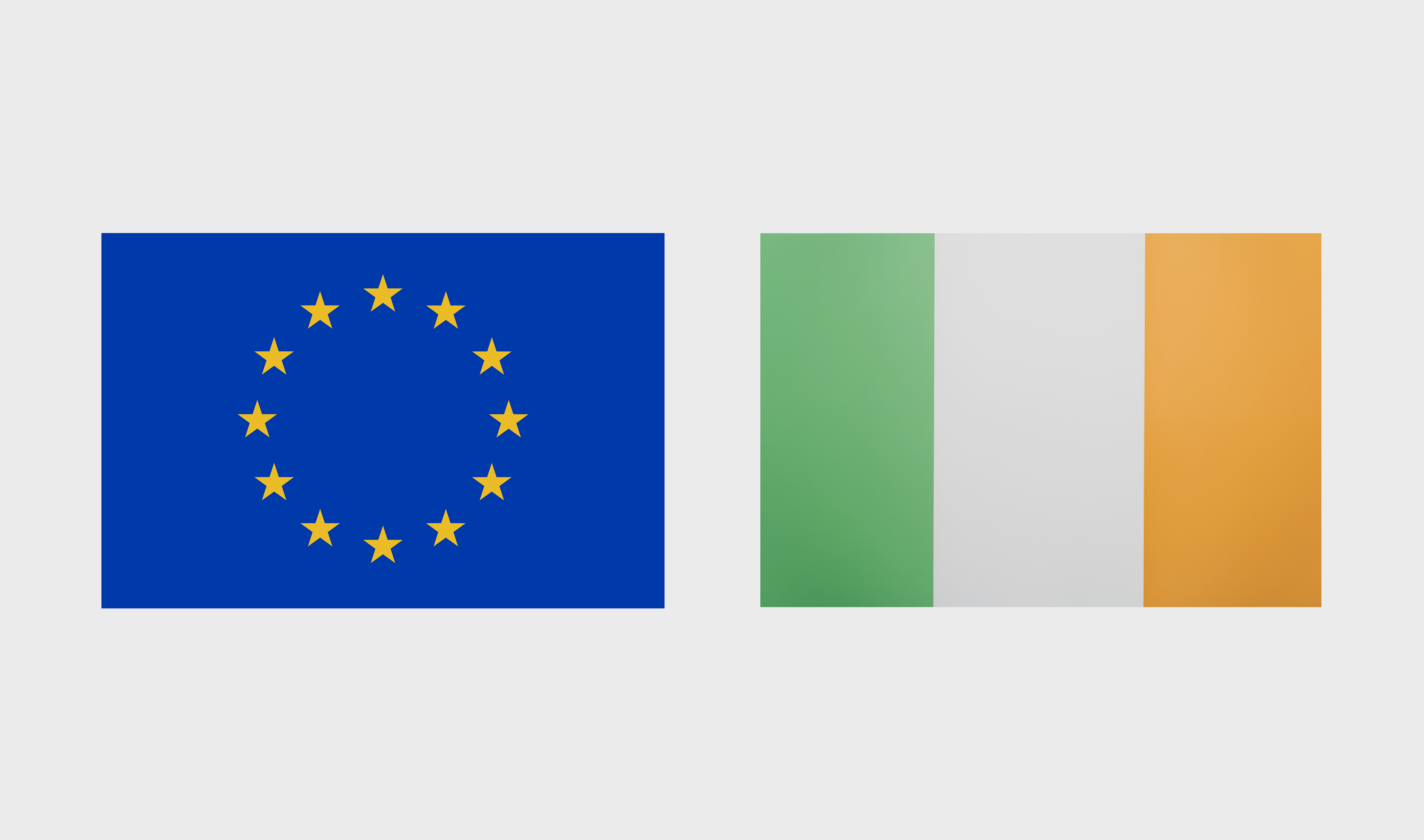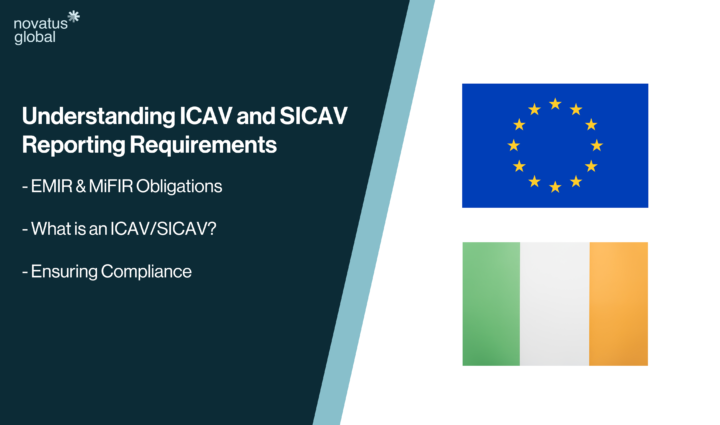
Investment vehicles like ICAVs (Irish Collective Asset-Management Vehicles) and SICAVs (Sociétés d’investissement à capital variable) play a critical role in global financial markets. These structures are designed for specific jurisdictions and serve as efficient, compliant mechanisms for managing investment funds.
This article explores what ICAVs and SICAVs are, how they’re reported and their reporting obligations under EMIR and MiFIR.

What is an ICAV?
An ICAV is a corporate structure introduced in Ireland under the Irish Collective Asset-Management Vehicles Act 2015 to cater specifically to the needs of the funds industry. Governed by a board of directors and owned by shareholders, ICAVs offer several advantages:
-
-
- Specialised Regulation: ICAVs are regulated by the Central Bank of Ireland under legislation distinct from other corporate structures, insulating them from unintended consequences of broader corporate law changes.
- Cost Efficiency: Unlike traditional investment companies, ICAVs are not subject to risk disbursement requirements under the Irish Companies Act, reducing administrative overhead.
- Flexibility: ICAVs can be listed on a stock exchange and offer a scalable structure for investment fund promoters and managers.
-
What is a SICAV?
A SICAV is an open-ended investment fund structure prevalent in European countries such as Luxembourg, France, Spain, and Italy. Similar to open-end mutual funds in the US, SICAV shares are bought and sold at a value tied to the fund’s net asset value (NAV).
-
-
- UCITS or SIF Frameworks: SICAVs can operate under the UCITS (Undertakings for Collective Investment in Transferable Securities) framework or the Specialised Investment Fund (SIF) framework, depending on the investor profile.
- Public Accessibility: SICAVs offer shares to the public with no fixed number of shares traded.
-
Reporting Obligations of ICAVs and SICAVs Under EMIR
Both ICAVs and SICAVs trading in financial derivatives are classified as financial counterparties (FCs) under the European Market Infrastructure Regulation (EMIR). Their obligations include:
1. Trade Reporting: Details of all OTC derivatives contracts must be reported to a trade repository.
2. Responsibility of Fund Managers: For UCITS or alternative investment funds (AIFs), the fund manager is accountable for accurate reporting.
3. Exemptions: Non-EU AIFs used for specific purposes, such as employee share purchase plans, are exempt from EMIR reporting obligations unless their counterparty is subject to EMIR.
The EMIR Refit expanded the scope to include all EU-based AIFs, regardless of their manager’s status under the AIFMD.
Reporting Obligations of ICAVs and SICAVs Under MiFIR
The Markets in Financial Instruments Regulation (MiFIR) applies to entities involved in trade execution.
-
-
- ICAVs: Must comply with MiFIR reporting obligations if they execute trades.
- SICAVs: UCITS or AIFMs are exempt from MiFIR reporting unless they possess MiFID “top-up” permissions, which allow discretionary mandates beyond the funds they manage.
-
By March 29, 2025, the European Commission and ESMA will assess whether these exemptions will be lifted, potentially expanding reporting obligations for UCITS and AIFMs under MiFIR.
Ensuring Regulatory Compliance with Novatus Global
Complying with EMIR and MiFIR reporting obligations requires expert knowledge and precise execution. Novatus Global offers end-to-end support to ICAVs, SICAVs, and other investment vehicles, ensuring accurate trade reporting and alignment with regulatory frameworks. With our cutting-edge technology and in-depth expertise, we help you stay ahead in a dynamic regulatory landscape.
Partner with us to navigate complex reporting obligations and ensure seamless compliance. Contact Novatus Global today to safeguard your operations and build a future-ready compliance framework.











